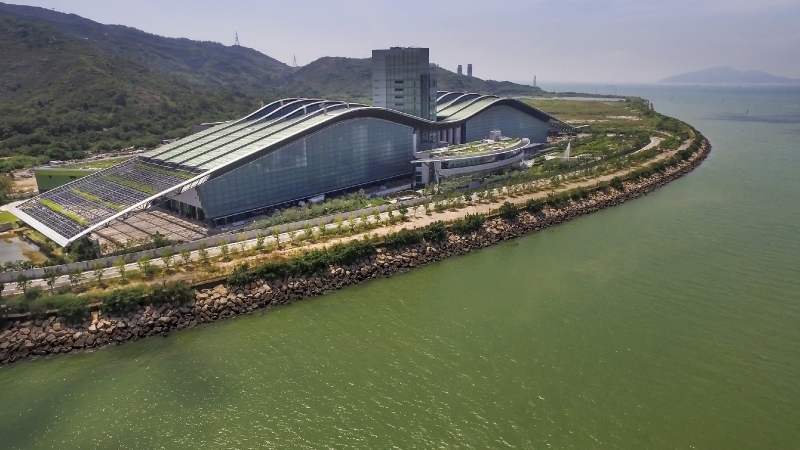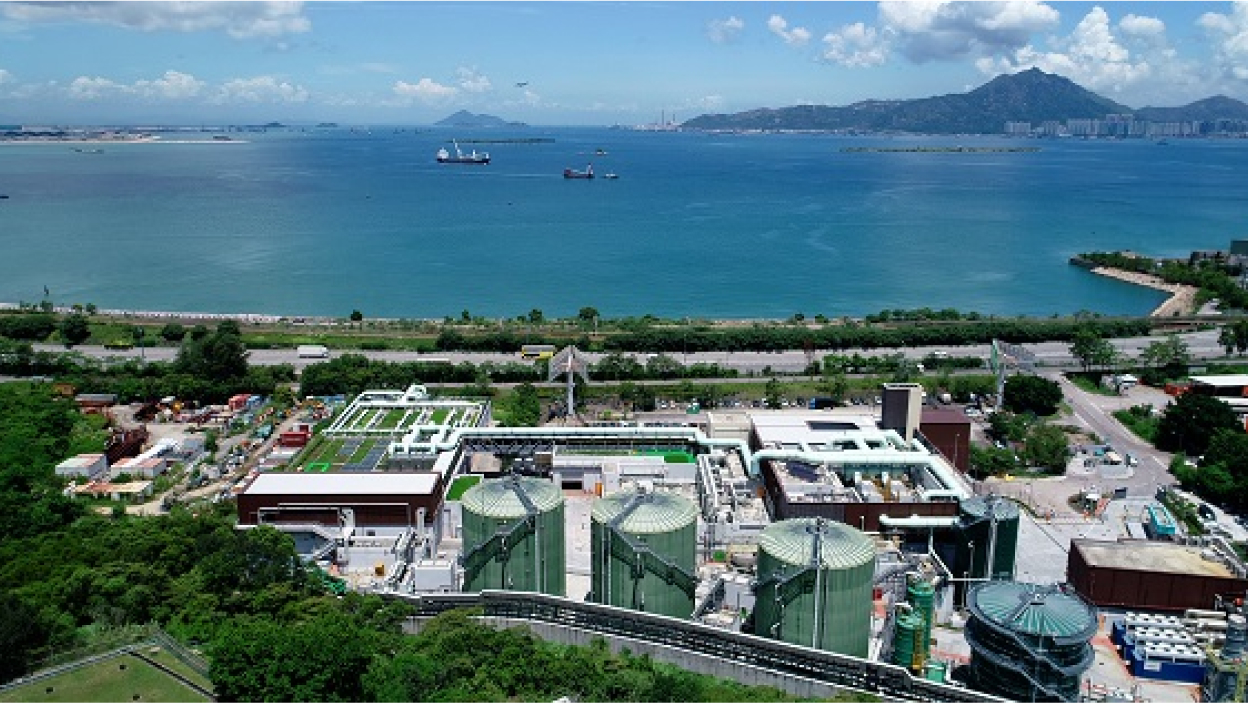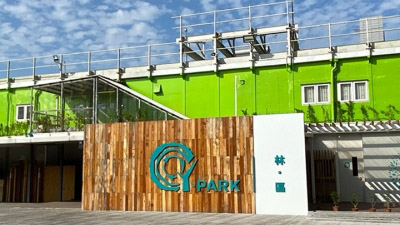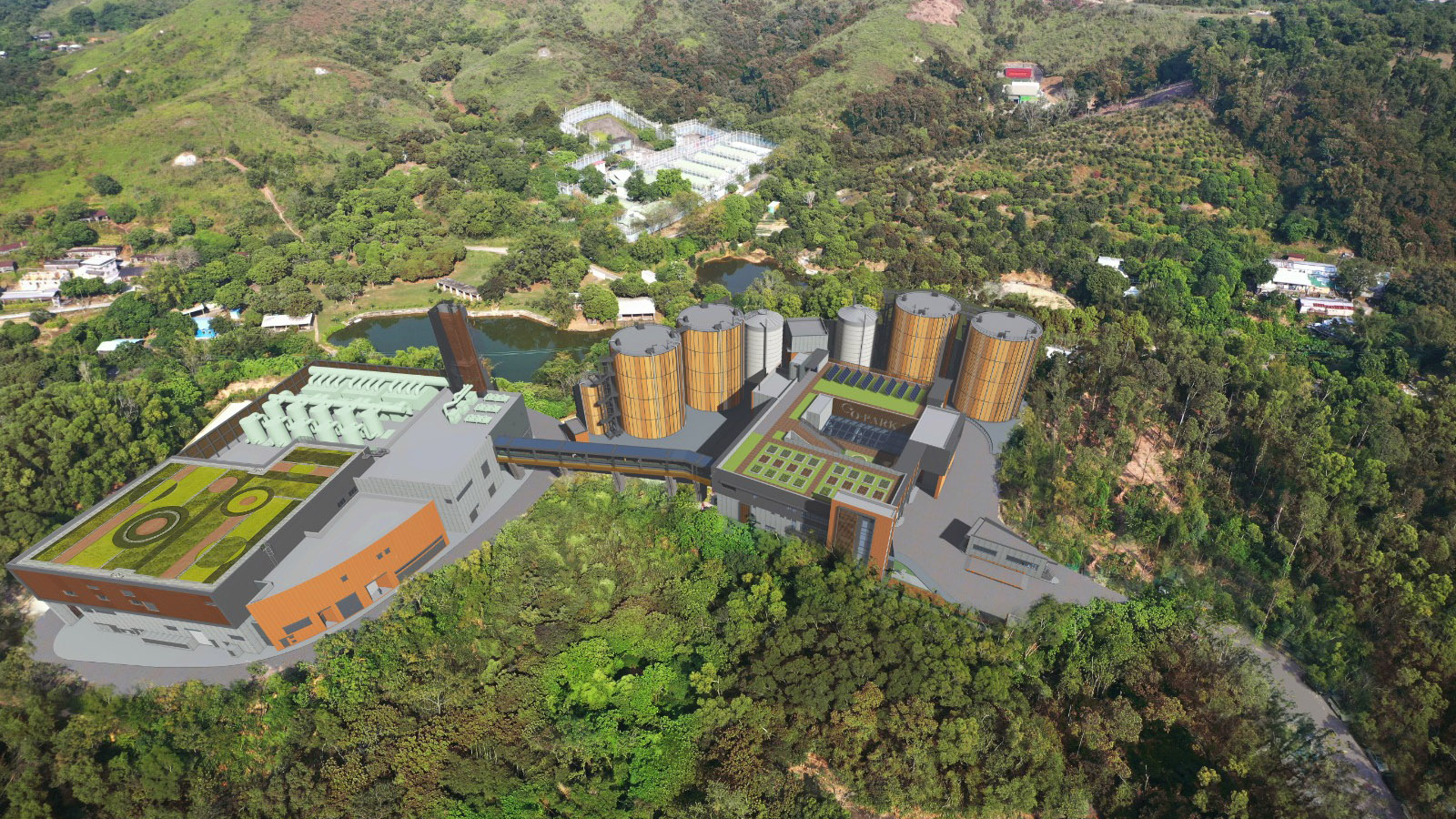Waste Management
Waste Management
Proper waste management is key to the good management of a city. In recent years, its importance rises as sustainable development assumes higher priority in cities’ agenda. Our waste management policy has evolved over the past few decades to a model with an increased focus on sustainability.
3R
Reduction of wastes through promotion of 3Rs, i.e. Reduce, Reuse and Recycle, is the first arm of our strategy, as it serves not only to suppress the volume of wastes that needs to be treated, hence reducing the load of waste treatment facilities, but also to make good use of what is commonly regarded as wastes and turn them into resources.
Reduce

- Reduce consumption of resources
- Save energy and water
- Say no to plastic bags
- Buy products with minimal packaging
- Use public transportation
Reuse

- Donate clothing and household items to charities
- Use water bottles and reusable tableware
- Use refillable containers
Recycle

Waste-to-energy
To gradually move away from reliance on landfilling for direct waste disposal, waste management infrastructure which turns waste into energy has progressively come into operation over the past few years.

T·PARK
- Commenced operation in 2015
- Sludge is converted into ash and residue under advanced incineration technology
- A treatment capacity of 2000 tonnes of sludge per day
- Electricity is also produced for facility use and surplus electricity can support up to 4000 households

O·PARK 1 (Organic Resources Recovery Centre Phase 1)
- Commenced operation in 2018
- Adopt anaerobic digestion technology to convert food waste into biogas (a source of renewable energy similar to natural gas) for electricity generation whilst the residues from the process can be produced as compost for landscaping and agriculture use
- A treatment capacity of 200 tonnes of food waste per day
- Electricity is also produced for facility use and surplus electricity can support up to 3000 households

Y·PARK
- Commended operation in 2021
- Promote recycling of yard waste into useful materials
- A handling capacity of 60 tonnes of yard waste per day

O·PARK 2 (Organic Resources Recovery Centre Phase 2)
- Commenced operation in 2024
- A treatment capacity of 300 tonnes of food waste per day


